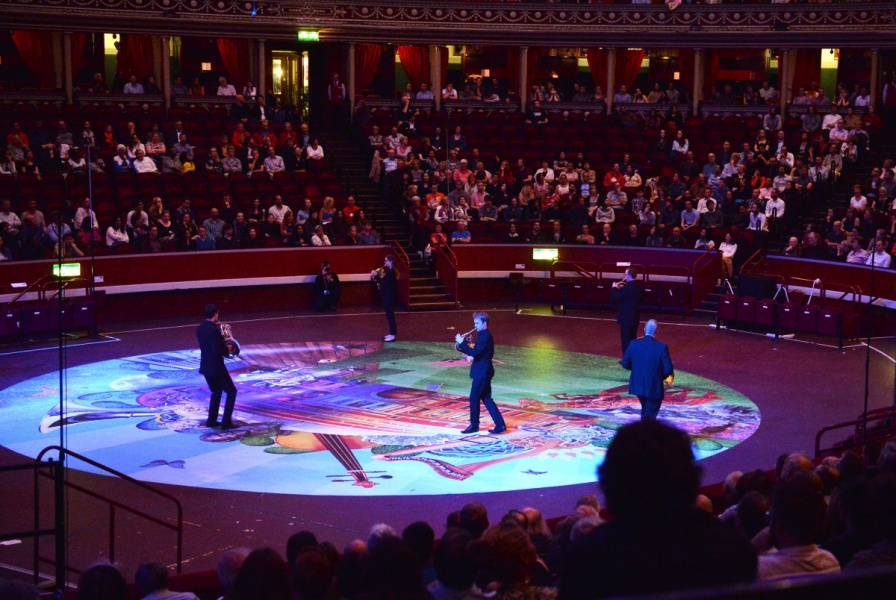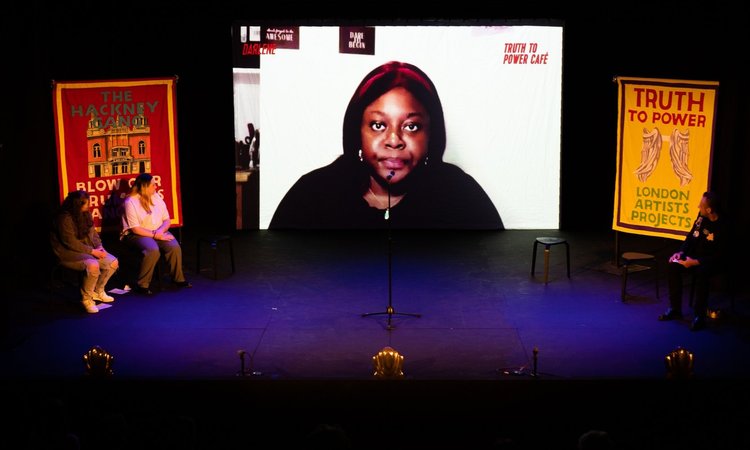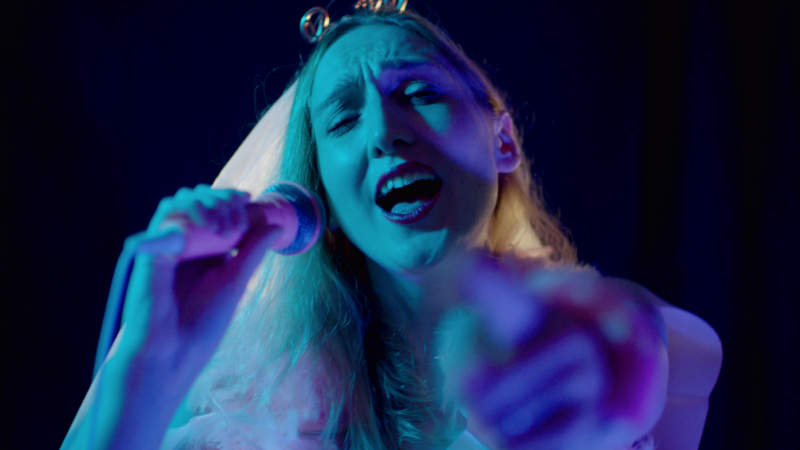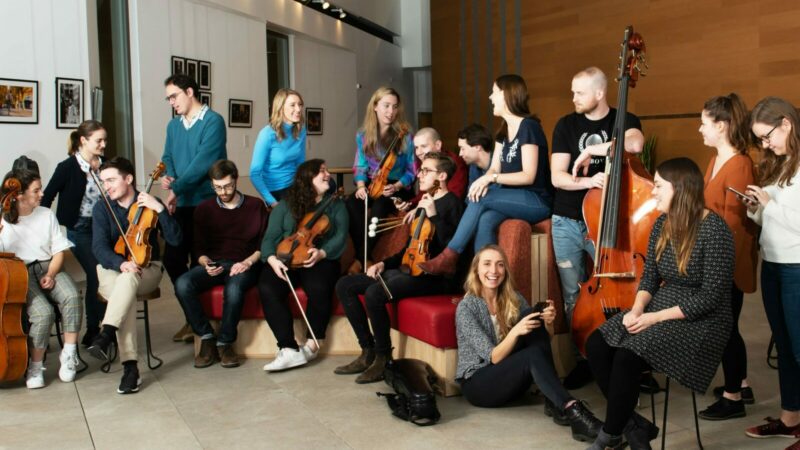The opportunities for arts and cultural organisations to distribute their work are increasing. But much of that work contains music. How can you ensure that you have the correct clearances? Producer Adrienne Liron provides advice on avoiding the common pit-falls.
Across my career as a producer I have worked with performing arts companies of all sizes, from big opera houses to tiny touring outfits. In recent years, I have seen more and more opportunities open up for small companies to share their work, whether that’s on digital platforms, on TV or in cinemas. It’s really encouraging that even the smallest companies can now see a way of getting their work out there.
However, there are pitfalls that companies of all sizes need to avoid when it comes to navigating rights. In my experience, music is often a blind spot and I have seen some shocking omissions, misunderstandings and errors in this area over the course of my career.
Think – music first
Creators/directors/choreographers can – when they first fall in love with a piece of music – forget that that track may be owned by lots of people and is subject to a range of rights. Most small theatre companies don’t have the luxury of having in-house rights specialists, and it’s easy for these issues to be put on the back burner. However, this initial music choice should not be made without careful consideration of whether it is ‘clearable’ because it can soon become integral to the production.
I encourage creative teams to think about what the future life of a show might be right from the beginning of the process. Imagine you have a hit show on your hands and a producer or broadcaster approaches you suggesting that you film it to show it online/on TV/in cinemas. It would be great to know at that moment that the music in the piece was clearable, wouldn’t it?

When music and/or musicians’ rights are not considered up front, it can lead to a really big mess for producers to clear up afterwards and getting it wrong can put a stop to a production, even after filming.
I have two horror stories from my own experience that illustrate this:
Imagine the scene: Thirty minutes before a live worldwide cinema relay of a dance performance, a lawyer representing one of the composers whose work features in the performance threatens to sue the dance company if their client’s piece is played.
In this case, we had been trying to clear the music rights to the piece for a couple of months but had been unable to do so because the composer was unaware his work even featured in the stage production. Those performance rights should have been cleared years earlier, but hadn’t been. The track in question was very personal to the composer and he said he would not have granted permission for it to be used in the staged piece, let alone for the cinema transmission.
The result was that we had to mute that entire track for the cinema broadcast, whilst the stage manager played it from the wings as softly as possible so the dancers could perform the piece as if in silence. It was far from ideal, but the only solution at that stage of the game.
This example illustrates how important it is to ensure that all music is cleared for use on stage. Any use beyond the stage will then have to be specified and subsequently cleared for film/TV/online as necessary. Having to revisit initial clearances and even clear them retrospectively when a film/broadcast company arrives on the scene can be very difficult and painful, so get your ducks in a row from the beginning.
My second example of music rights gone wrong was the result of a genuine accident –
Some time ago, I oversaw the filming of a theatre production that used lots of sampled music. It was due to be broadcast on TV so everything was done absolutely by the book in terms of rights. However, following the broadcast, the broadcaster’s algorithm that seeks and identifies music in finished programmes found a track that no one on the production team was aware of – 3 seconds by a very famous artist that the composer had simply forgotten had made it into the final mix.
We were horrified, especially as the production had already been broadcast. However, we made representations to the artist in question and the choreographer wrote to him directly explaining that the use of the sampled track was a genuine error and setting out the choreographer’s artistic intentions. Thankfully, it was resolved because the musician in question felt that the production chimed with his own artistic aims. Nevertheless, this wrinkle held up distribution of the film for a year.
This example shows the problems that can spring up if you don’t have a totally accurate and up-to-date list of all the music in your production. However, it also shows that if you talk to music publishers and musicians you can often find a way forward. Communication is key, and that can mean explaining some of the financials involved in a production if you are asked for tens of thousands of pounds for a single track (and don’t be surprised if you are in the first instance!). If you explain your situation and your artistic aims, you may find yourself amazed by goodwill and a willingness to compromise from the other side. After all, generally creatives share the same aim – creating great work and bringing it to the widest possible audience.
However, if you hit a wall in terms of clearing music, flexibility is key. I have been very impressed by small companies who have been realistic about the difficulties or costs of clearing certain tracks and swapped them for others.
In conclusion, my key tips for clearing music are: do things early, be thorough, be flexible and, finally, seek help: I would not advise people do music clearances on their own as they are notoriously tricky. Get help, whether that’s from an organisation such as The Space or a music rights specialist – they don’t have to cost a fortune but may save you a fortune later.
If you are organised and careful, music rights don’t have to be a headache.
Adrienne Liron is a producer and co-founder of 3 Minutes West, an award-winning production company which develops, produces and distributes arts-related films for cinema, TV and digital release. Her recent work includes a capture of Crystal Pite and Jonathon Young’s Betroffenheit and the family feature film Coppelia.
How useful was this resource?




